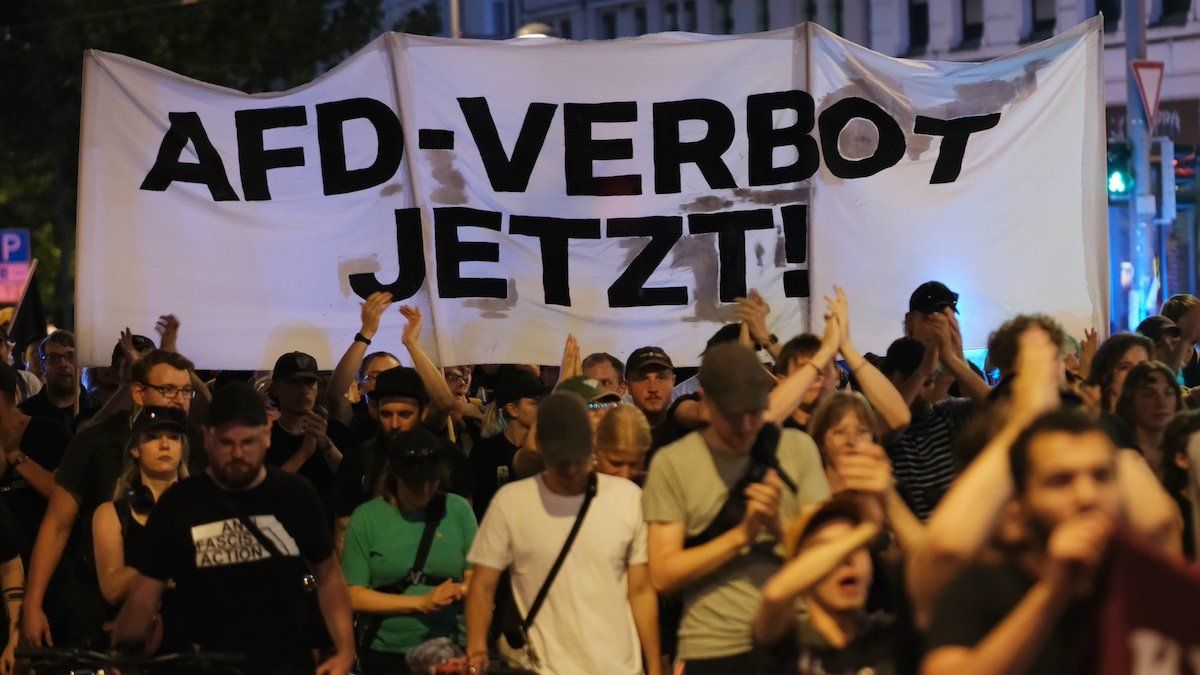German voters delivered the hard right a significant victory in Sunday’s election, as Bjoern Hoecke’s Alternative for Germany party, or AfD, captured 32.8% of the vote in the central-eastern state of Thuringia. The result marks the first time since World War II that a far-right party has won the most seats in a German state election. In neighboring Saxony, the AfD virtually tied with the center-right Christian Democratic Union, with 30.6% to 31.9%, respectively.
The AfD’s gains have unsettled many Germans, including Chancellor Olaf Scholz, who called the results “bitter” and “worrying.” Business leaders cast their own blame on Scholz for creating an environment of anxiety for voters, which they say led to Sunday’s result and could sully Germany’s business environment.
But Scholz is also feeling the heat from a new leftist party, Bündnis Sahra Wagenknecht, which melds left-wing economics with anti-immigration and pro-Russia policies. The BSW won nearly 16% and 12% respectively in Thuringia and Saxony, cannibalizing Scholz’s junior coalition partners, the Greens and pro-business Free Democrats, who now risk losing their official status in the Thuringian state parliament.
Even though other parties
pledge to exclude the AfD from government, there are fears its success, and that of the BSW,
could pressure Scholz to take a harder line on immigration and a less supportive line on Ukraine ahead of next year’s national elections. When Ukrainian President
Volodymyr Zelenskyappealed to the German Bundestag in June for additional support, AfD and BSW lawmakers left the building – a stunt that appears to have paid dividends in Sunday’s vote.
